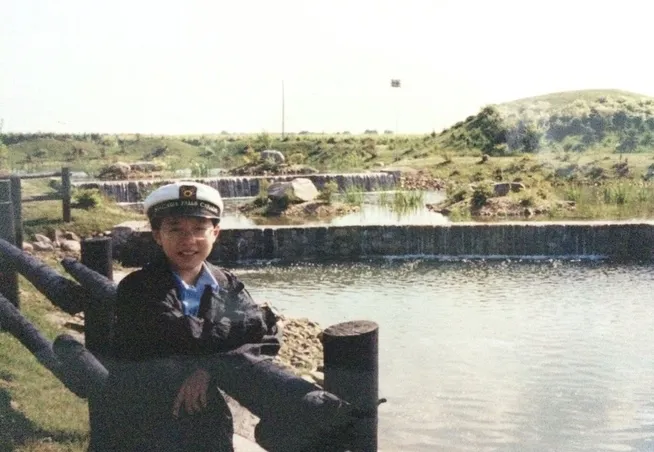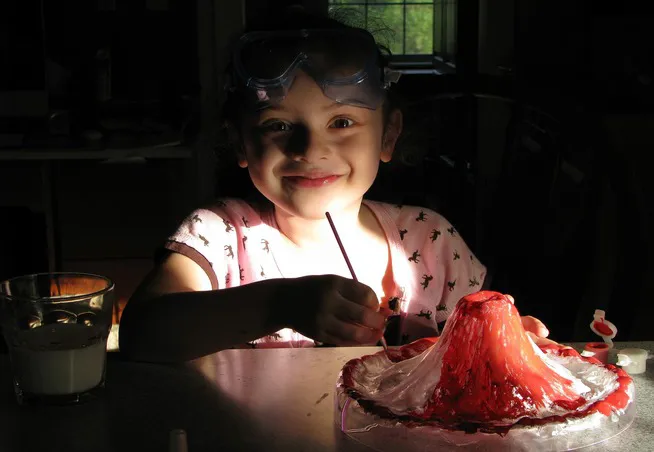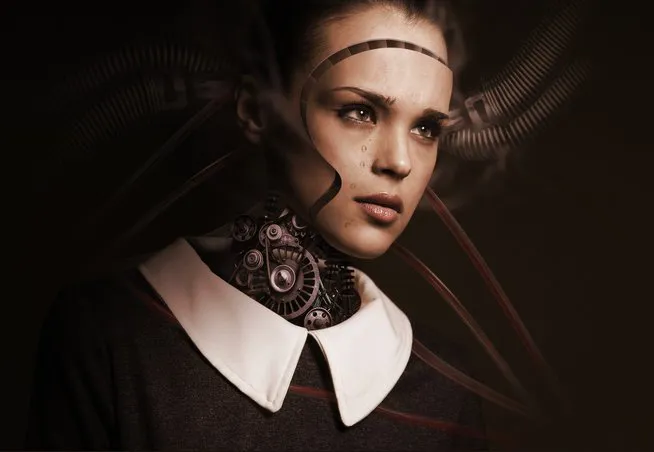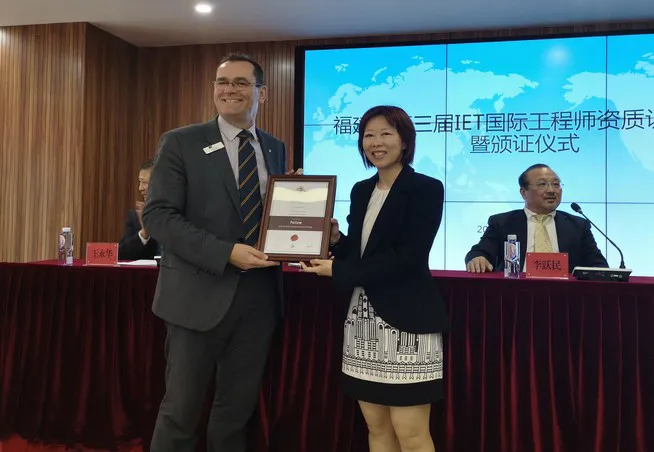Christine Tan, Vice President (FIOT-Open Lab), Adjunct Professor (Local university teaching science education)
As a child, Christine loved playing with mechanical toys and science experiments, always dreaming up her next invention. So it comes as no surprise that she followed her passion and is now Vice President of the FIOT-Open Lab as well as working at her local university teaching science education to inspire tomorrow's scientists.
Age: 35
Job title: Vice President (FIOT-Open Lab), Adjunct Professor (Local university teaching science education)
Company employed by: FIOT-Open Lab.
When you were a child, what did you dream you’d be when you grew up? Inventor/scientist.
What is the biggest impact your work will or could have in the future?
Our goal is to enable and incubate the next unicorn companies in AI and IOT (Artificial Intelligence and Internet of Things) field.
What excites you most about STEM?
STEM fields are advancing rapidly and will continue to make a positive impact on our daily lives and society. I love the novelty and progress that STEM brings.
What do you love about your job? What would you change?
There’s always something new to learn each day, whether it’s the latest cool technology or a technical challenge from our partners/clients. Time is never enough for my busy schedule! If there is one thing I would change, it would be to have more than 24 hours in one day!
What gives you the most job satisfaction?
How a new technology/product can bring about a positive change to the lives of everyday people. This can be something as simple as a new smart-parking solution that makes it convenient for urban users, or more complicated like convincing unschooled farmers in rural areas to adopt smart agriculture/automation technologies towards alleviating poverty.
What does a typical day at work involve?
A start-up company’s founder meets with me to discuss a technical challenge they are facing during product development. I recommend our Open-Lab’s test engineers to troubleshoot their product’s problem. Afterwards, I meet with a local government department that wants to drive smart cities and digitisation in our local community; I advise on how our Open-Lab’s ecosystem and partners’ products could potentially be used in specific use cases in our local community. We then take a drive to a local fishery farm where I survey the fishery, talk to the farmers, record their needs and take back this case to our partners. It turns out that one of our incubated start-ups has a smart-fishery solution for monitoring and controlling the water quality, which is the most important factor for rearing fishes. I arrange for the start-up to meet and sell their products to the farmers in the upcoming days.






What’s the most unexpected thing about your job?
Whether a start-up/high-tech company succeeds or fails in the market, many factors influencing the outcome are actually unrelated to technology (how advanced a product is), but rather due to user acceptance, marketing and even government policies.
Did you have any role models when you were younger? What inspired you to do the job you’re doing now?
Some of my professors at university were really passionate about science and engineering, and their enthusiasm was contagious! We would frequently hear interesting anecdotes of famous scientists (such as the unschooled Agnes Pockels building upon the work of Lord Rayleigh’s monolayers and discovered how to measure surface tension using kitchen tools) and our professors’ personal stories about their work (such as creating the world’s first nano-guitar, recording the world’s first video of a flea jumping acceleration, and how to build a successful biomedical start-up). Through their examples and stories, my natural love and curiosity for science was sparked. I wanted to have a job where I could continue to engage the latest technology and also help the start-ups that we incubate to succeed.
Any influential toys during childhood?
Hands-on science experiment kits/labs, mechanical toys and magic tricks.
Your favourite subjects at school?
Science-related subjects and literature.
Qualifications (school/college/university):
Imperial College London UK (BEng, First Class Honours), Cornell University USA (PhD).
Your reason for choosing this career?
I can keep abreast of the latest technical developments and also be directly involved in solving a technical challenge or helping a start-up succeed. It’s never boring.
Tell me about your career path to date?
I was privileged to have the insider view of how world-class high tech companies succeed or fail, through personal stories from scientists turned entrepreneurs around me (my friends, classmates, seniors, bosses etc.). I started as an engineer in a semiconductor chip manufacturing foundry, then progressed to drive many cross-functional and international projects as a project manager in medical devices and also optical telecommunications industries. These days, I work on business development and incubating start-ups in the AI and IOT field. It’s challenging to balance the technical constraints with business viability; having worked in many top high-tech companies in several countries around the world, I have managed to accumulate rare hybrid experiences in both technical and business aspects.
If you could have any job what would it be? How does it differ from what you’re doing?
I would actually like to be more engaged in science writing and popular science outreach, these are activities that I now volunteer for in my spare time. This would allow me to be more active in training the next-generation and getting them ready for the STEM fields of the future.
Your advice to a young person considering a career in STEM?
Always stay curious and open minded, and you will learn many basic principles and logical approaches to problem-solving and thinking, which are important for a good foundation in STEM. Once you have a solid foundation, it becomes easier to solve more complicated problems in our society.
